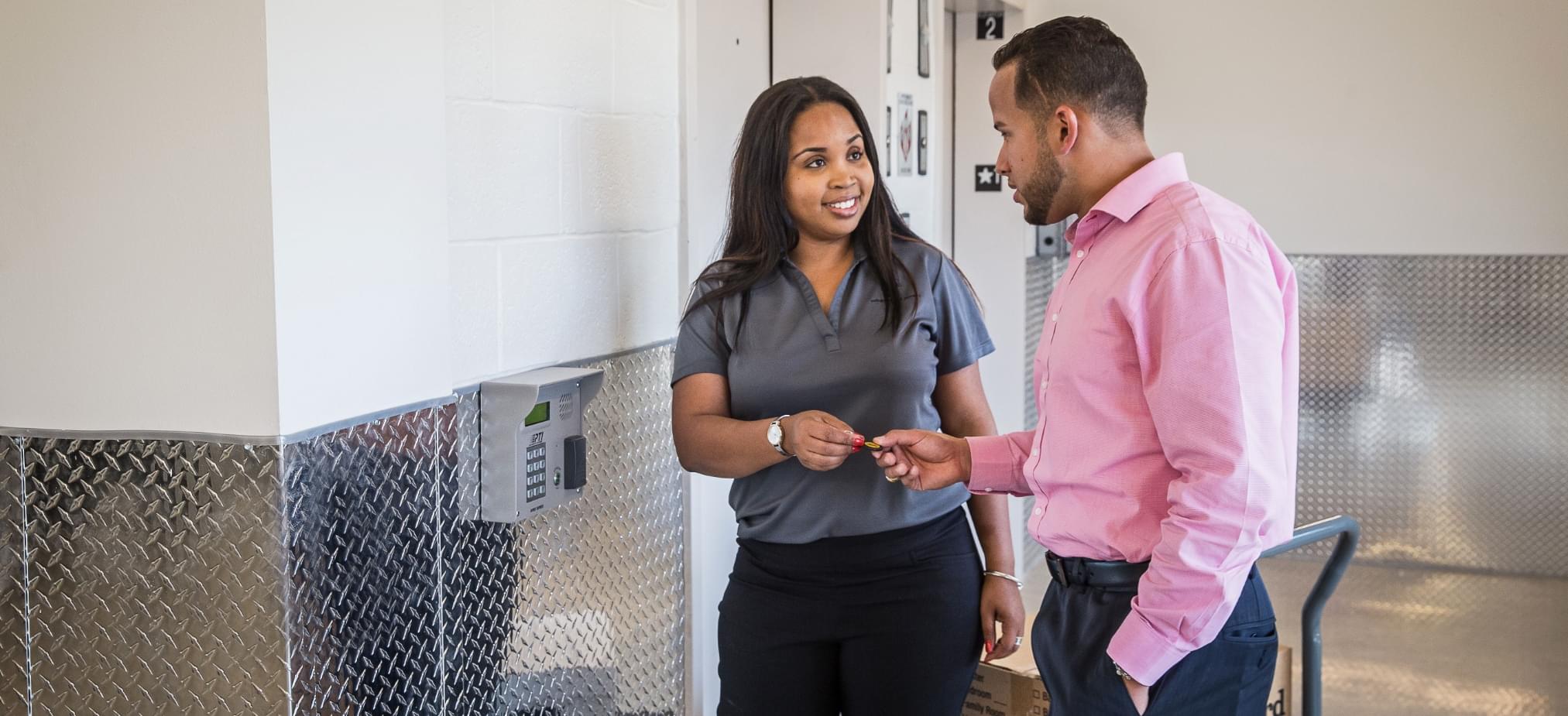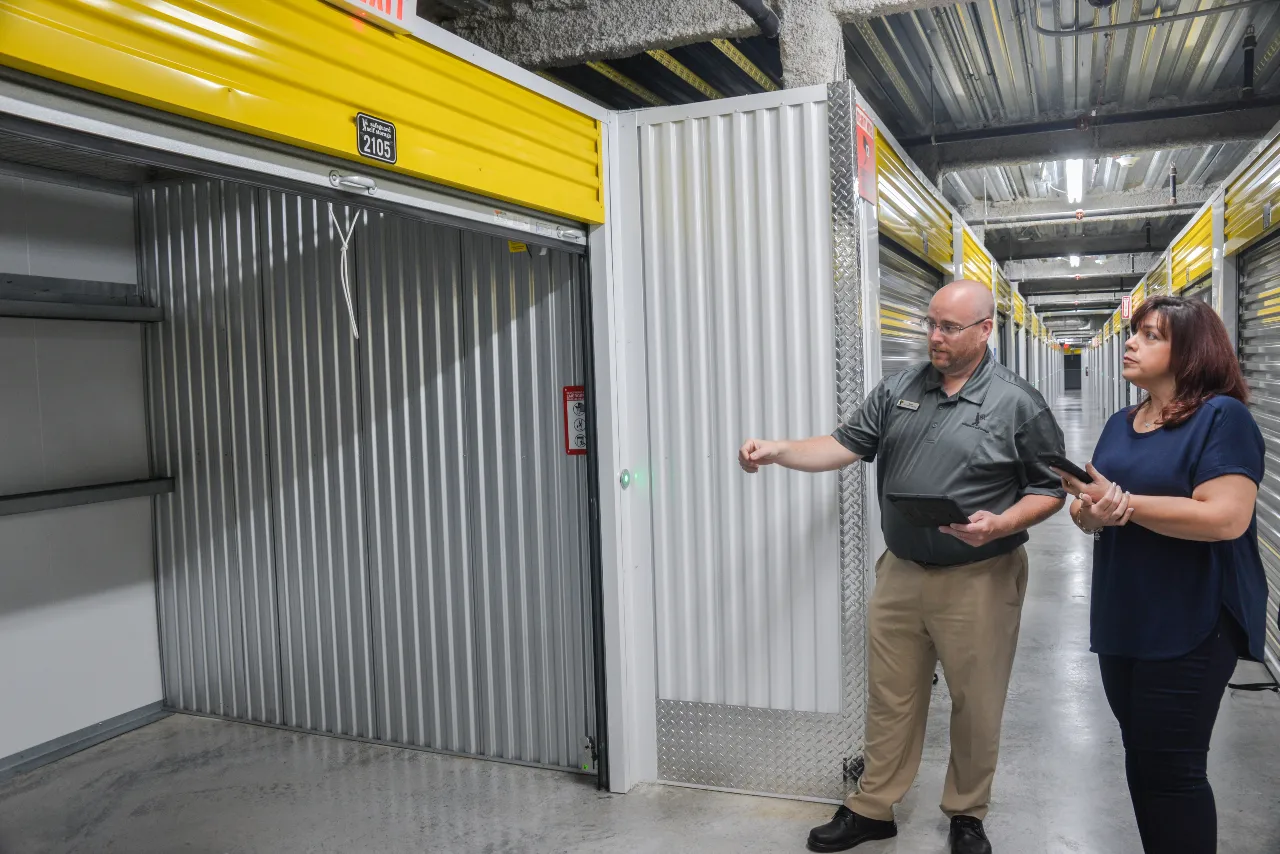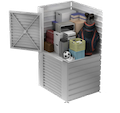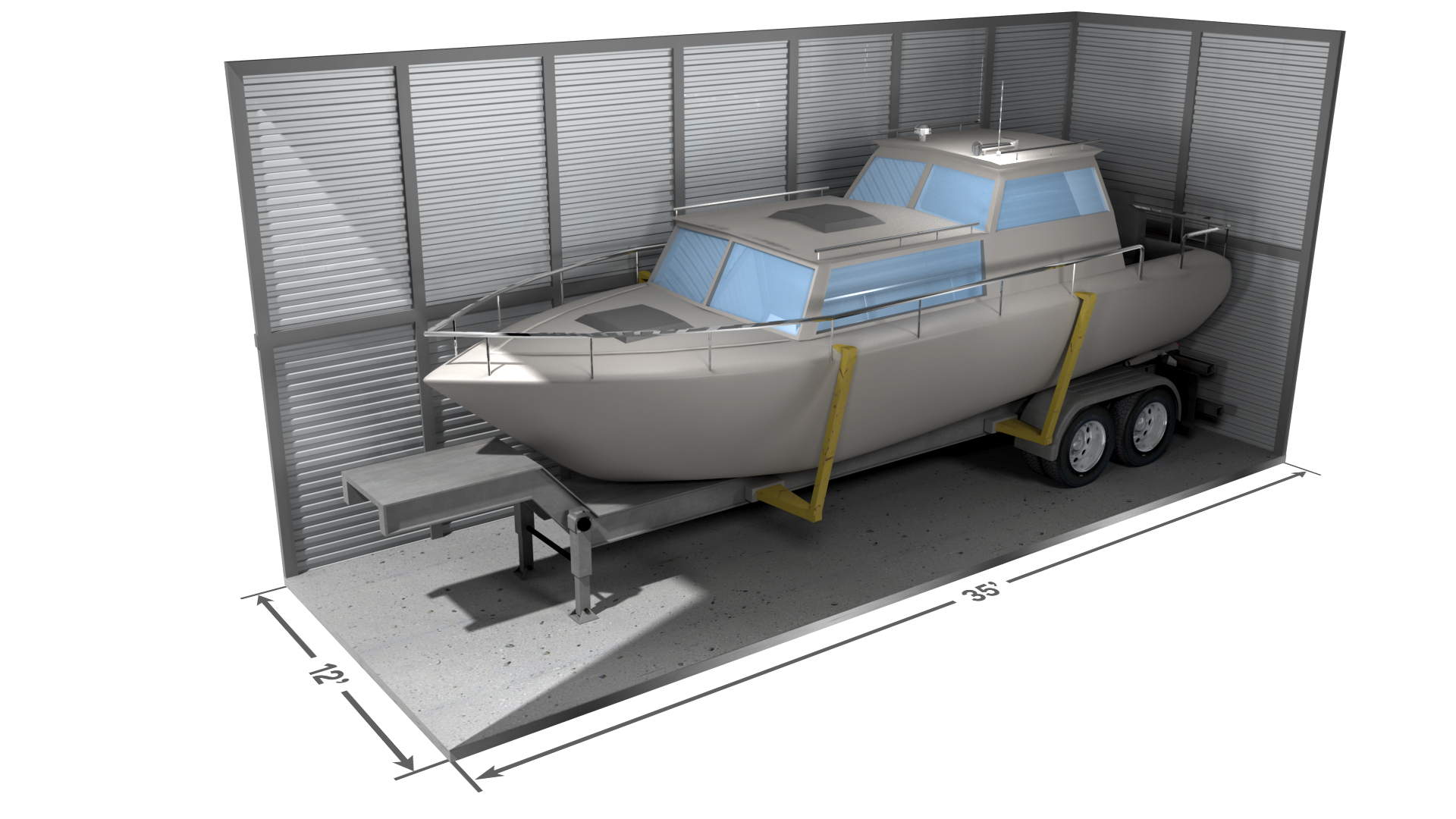
Up to 50% Off!
Find Your Unit Today
Hear from Our Customers
Self Storage
Our stores are located near your home or place of work to make it easy to access your storage unit. They are also equipped with plentiful amenities that make storing a snap.
Business Storage
Safeguard facilities are equipped with advanced security features, including 24/7 surveillance and controlled access gates, ensuring your equipment is safe and protected. Business customers can also benefit from extended access hours and month-to-month leasing options.
Vehicle Storage
Our vehicle storage options are designed to keep your prized possessions safe and protected until your next adventure. Safeguard provides an environment with protective coverings and ample space. Your vehicle will be in pristine condition when you’re ready to hit the road.
RV & Boat Storage
When your prized vehicles need a home away from home, trust Safeguard Self Storage to provide the perfect storage solution. Whether you’re an avid camper or a boating enthusiast, our RV and boat storage options provide the perfect solution for storing your recreational vehicles during the off-season.
Climate Controlled Storage
Climate-controlled storage units provide a regulated environment, safeguarding belongings from temperature extremes and humidity fluctuations year-round.
Need assistance? Our team of storage professionals are ready to help with any self storage questions you have.
(877) 215-5819Safeguard Facility Spotlight
Our Facilities Are Designed With The Amenities You Need When Storing Your Items.
- Free Reservations
- Rent Online
- Climate-Controlled Units
- Convenient Access Hours
- Enhanced Security
- Month-to-Month Leases
- Variety of Unit Sizes
- Drive-In & Covered Loading Areas
- Packing & Moving Supplies

Having trouble imagining what a 5’x5′ looks like?
We’ll help you find the right size self-storage unit so you can make sure you’re getting the most for your money.


























